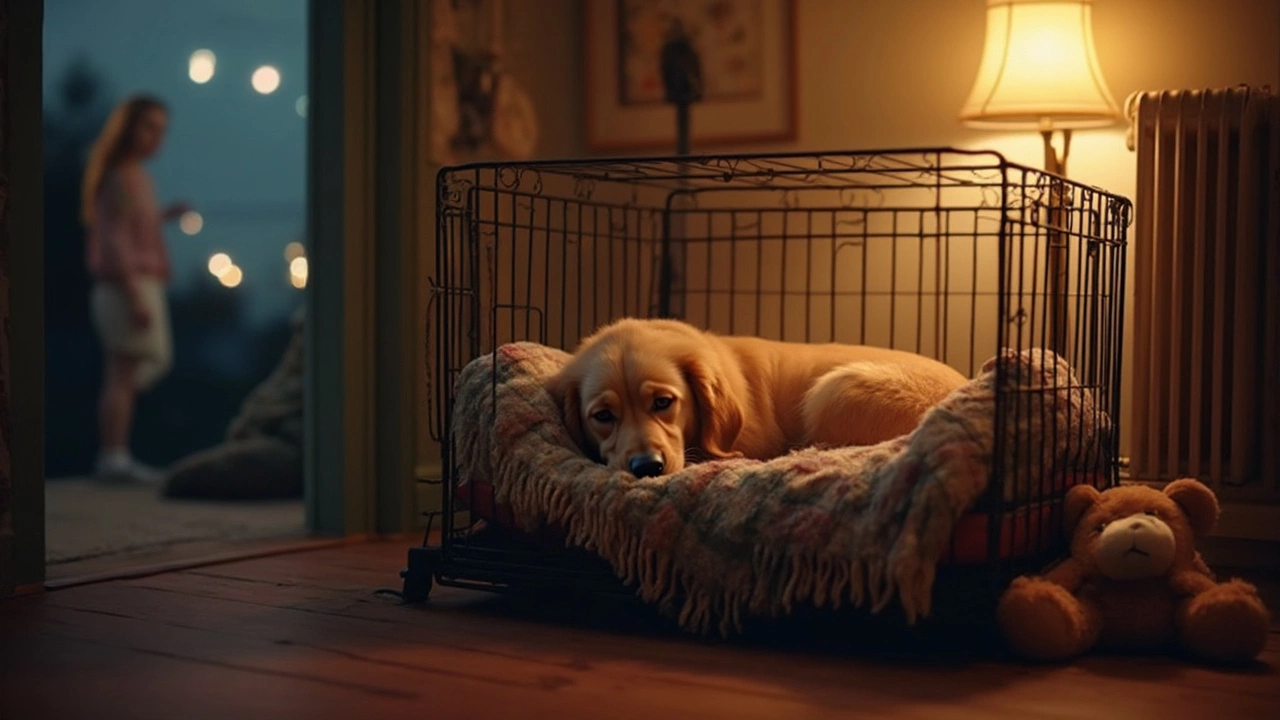8 Week Old Puppy Care: What You Need to Know
Got a fluffy 8 week old pup and wondering what comes next? At this age the puppy is curious, still learning, and needs a steady routine. A good start now makes later training and health much easier. Below are the basics you can put into action today.
Feeding and Health Basics
First off, stick to a high‑quality puppy kibble that’s designed for rapid growth. Feed three to four small meals a day – aim for the same times each day so the puppy learns when to expect food. Keep fresh water nearby at all times; a bowl that can’t tip over works best.
Vaccinations start at six weeks, so by eight weeks your vet will likely be scheduling the next round. Keep a record of shots and note any side effects like mild fever or loss of appetite. If your pup seems unusually tired or has a limp, ask your vet about “wet puppy syndrome” – a rare condition that can affect newborn pups and needs prompt attention.
Watch the coat and skin. A healthy puppy should have a soft, shiny coat and clear eyes. Any redness, hot spots, or excessive scratching could signal a diet issue or parasites. A quick flea and worm check at the vet will keep hidden problems at bay.
Training and Home Safety
Crate training starts now. Choose a crate just big enough for the pup to stand, turn around, and lie down. Put a soft blanket inside – but avoid covering the whole crate, as puppies need ventilation and can overheat. Covering the crate can help some pups feel secure, yet it’s best to test it for a few minutes before night‑time.
Start with short, positive sessions. Open the crate door, let the pup explore, and toss a treat inside. Close the door for a few seconds, then open it again with a reward. Gradually increase the time. This builds confidence and makes the crate a safe den rather than a jail.
When it comes to roaming, most experts say a puppy can start free‑roaming under supervision around 12 weeks, once basic house‑training is solid. At eight weeks, keep the puppy in a puppy‑proofed area. Remove cords, small objects, and toxic plants. A baby gate can section off a room while you keep an eye on the pup.
Collar or harness? At this size a light, breakaway collar works for ID tags, but a harness offers better control for walks. If you use a collar, attach a quick‑release tag with your contact details. Never leave the collar on unattended – a small pup can get tangled.
Socialisation is key. Introduce the pup to calm, vaccinated dogs, gentle children, and varied surfaces (carpet, grass, tile). Keep each encounter short and rewarding. This builds confidence and reduces fear‑based barking later on.
Finally, get plenty of playtime. Short 5‑10 minute play bursts work better than one long session. Use soft chew toys to satisfy the natural nooking habit many puppies develop. Rotate toys every few days to keep interest high.
Stick to this routine, stay patient, and enjoy the goofy moments. An eight‑week‑old puppy grows fast, and the habits you set now will shape a happy, healthy dog for years to come.
- Morgan Ainsworth
- 0 Comments
Can an 8 Week Old Puppy Stay in a Crate All Night?
Wondering if your 8 week old puppy can make it through the night in a crate? This guide breaks down what to expect, how long they can usually go without a bathroom break, and practical tips for a smooth first few weeks. Get hands-on advice for easing crate anxiety, improving sleep routines, and keeping your pup comfortable with smart toy choices. By understanding your puppy's needs, you’ll set them up for good habits and better rest for everyone. Help your pup adjust without losing your own sleep.
View More
